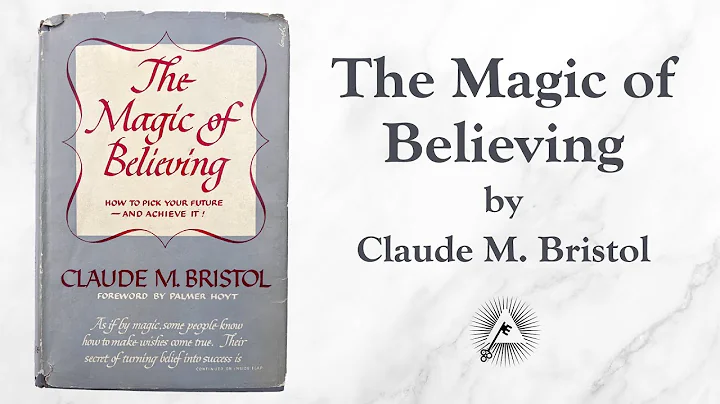
You don't have to be kind.
There is no need to
kneel and walk a hundred miles through desolate confession.
You just need to let your gentle body
love what it loves.
Tell me your despair and I will tell you mine.
Meanwhile the world goes on.
At the same time the sun and the rainclear pebbles
were moving across the landscape,
over the prairies, deep woods,
mountains and rivers.
At the same time, the wild geese were flying back to their hometown again in the clean blue sky.
No matter who you are, no matter how lonely,
The world provides you with imagination,
calls you, like a wild goose, stern and passionate -
repeatedly proclaims
your place in all things.
Author/[USA] Mary Oliver Translation/Ni Zhijuan
You do not have to be good.
You do not have to walk on your knees
for a hundred miles through the desert repenting.
You only have to let the soft animal of your body
love what it loves.
Tell me about despair, yours, and I will tell you mine.
Meanwhile the world goes on.
Meanwhile the sun and the clear pebbles of the rain
are moving across the landscapes,
over the prairies and the deep trees,
the mountains and the rivers .
Meanwhile the wild geese, high in the clean blue air,
are heading home again.
Whoever you are, no matter how lonely,
the world offers itself to your imagination,
calls to you like the wild geese, harsh and exciting —
over and over announce your place
in the family of things.
By Mary Oliver
The most powerful person who writes poetry about animals is probably the British poet Ted Hughes. His "The Forging of Poetry" talks about how he writes poetry related to animals. some explanations. Poets are also a group of people who are good at being alone and like to stay away from the crowd and get close to nature. The song "Wild Geese" by American poet Mary Oliver is like an epitaph to wild geese, establishing their scale in nature. , starting from the concept that all things are animistic and that many lives should be equal, the wild goose's "position among all things" is as noble and irreplaceable as all other species.
"You don't have to be kind / don't have to kneel and walk a hundred miles", like a crisp opening, instantly attracts the reader's attention, why "you" don't have to be kind, kindness is followed by "your gentle body / loves what it loves" "Is it a contradiction? Kindness is an external, universal moral choice of conscience, and "you" should first learn to let your body make the choice it likes. In this poem, wild geese are the third party. The invisible "I" who is the narrative subject tells "you". Parallel to this, what exists at the same time is a group of wild geese flying back home in the high sky. They are like this poem. A huge, accompanying shadow of the poem is like a kind of transcendent and upward guidance, because wild geese are "severe and full of passion", their powerful inner, their unquestionable and firm, are "I" to The expectations of "you", or "you" also include "I".
In this poem, we read about a wild goose that looks like a classical sculpture, a wild goose with an indomitable will, a wild goose that moves straight forward like time, full of power, light and heat. This poem contains With the abundant and crystal clear life energy of wild geese, they are so determined, so solemn, and so convinced. The weak can get affirmation from the wild geese. In the second section of the unfolding story, there is a bird's-eye view of the grasslands, woods, mountains and rivers on the ground at an altitude of 10,000 meters. That is the perspective of the wild geese. This perspective teaches "you" or "me" to fly off the ground, change altitude, temperature and clouds, and understand your original small situation and status. The huge space pointed by the wild goose has entered the hearts of ordinary people, giving them an open-minded and broad heart.This is like a revelation from nature, and also contains some profound philosophical thinking: what new motivations or opportunities will be brought about by the exchange of subject and object between man and nature, so that man can be nourished and encouraged by nature.
Mary Oliver's "The Poetry Handbook: A Guide to Reading and Writing Poems" is a must-read for students who want to write poetry. It was because I read this book first that I wanted to read her. Poetry. Ni Zhijuan, the same translator as "Poetry Handbook", has previously translated and published her "To Love Lovely Things". There are many very Oliver poems in it, full of vitality and wisdom. These two are also included here. This book is recommended to everyone.
Recommended Poems / Wuang





















